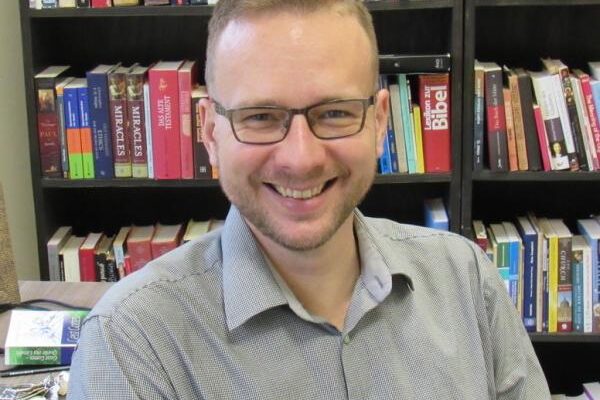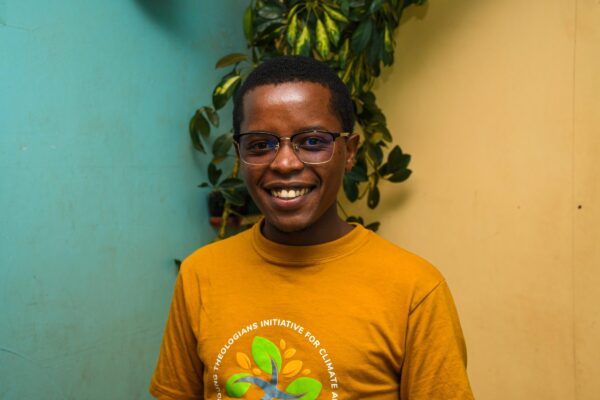
PhD Story: Stepas Ribokas
During years of my engagement with students through Christian student organization and as a preacher in various churches in Lithuania I have observed the confidence of the believers that the Christian message has something to say to and about the world that we live in – a country that has experienced soviet totalitarianism, a painful post-socialist transition, and struggles to deal with the past. However, there was always uncertainty about how and what theology could speak to the context.
My project, “Living and Loving in Exile: Diasporic Identity of a Minority Church in the Public Sphere” aims to speak into this situation, namely, to contribute toward the development of critical and engaged theo-political imagination for the church in a post-soviet context.
I make my way into this topic with two observations and one conviction. Lithuanian Catholic Church, which played a very important role in rebuilding the nation and the country, has not developed a moral and creative voice to be valued in the public discourse of Lithuanian society. At the same time, the Lithuanian Protestant/Evangelical church shrank under its smallness. However, I want to argue, starting with the help of Mennonite theologian Travis Kroeker, that these churches can build upon their “diasporic” identity to develop their theology of public engagement.
Written by: Stepas Ribokas








